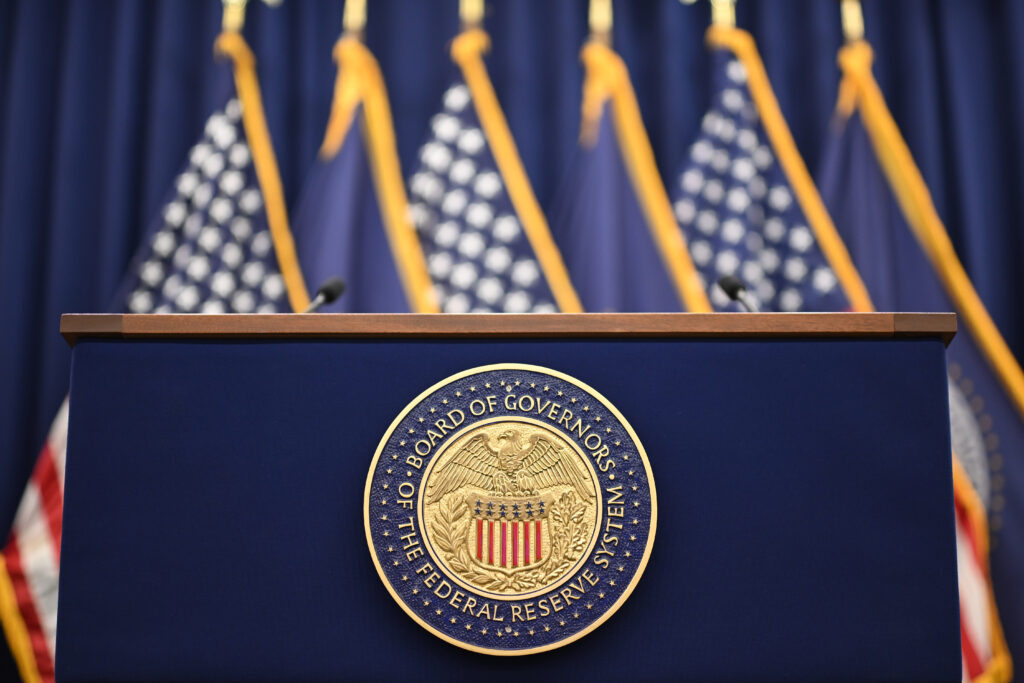Pour “un futur meilleur”, des jeunes défient Trump au tribunal
Décrivant la manière dont le changement climatique bouleverse leur quotidien, de jeunes Américains ont assuré mardi que l’administration Trump bafouait leurs droits fondamentaux en promouvant le pétrole et le gaz.”Je ne sais pas si je serai le prochain”, a témoigné à la barre Joseph Lee, dont la maison d’un proche a été dévorée l’an passé par les feux de forêts en Californie.Le jeune homme de 19 ans, qui subi aussi une hospitalisation liée à une grave insolation, a expliqué se mobiliser pour empêcher que le changement climatique ne s’aggrave encore: “un futur meilleur est possible”, a-t-il lancé.L’affaire, qui oppose 22 jeunes Américains, pour certains mineurs, au gouvernement fédéral, est examinée mardi et mercredi dans un tribunal du Montana, Etat du nord-ouest du pays.Citant des répercussions sur leur santé, ces jeunes attaquent en justice des décrets pris par Donald Trump pour faciliter la production de pétrole et de gaz, entraver celle d’énergies renouvelables et occulter le suivi des effets du changement climatique.Cette bataille judiciaire illustre le déplacement croissant du combat climatique dans les tribunaux, souvent à l’initiative de jeunes. Cet été, ce sont des étudiants de l’archipel du Vanuatu qui ont obtenu une victoire retentissante devant la Cour internationale de justice, plus haute juridiction de l’ONU.- “Déchirant” -Pour Julia Olson, avocate principale des jeunes Américains, il s’agit ici d’une question constitutionnelle. “La Constitution des États-Unis protège-t-elle contre les abus de pouvoir de l’exécutif (…) qui privent les enfants et les jeunes de leurs droits inaliénables à la vie et à leurs libertés?”, a-t-elle lancé à la cour mardi.Un argumentaire qu’a balayé la défense du gouvernement américain. Dénonçant une “action en justice antidémocratique”, Me Michael Sawyer a accusé les jeunes de tenter d’inverser les résultats de la dernière élection présidentielle, à l’issue de laquelle Donald Trump a été élu avec un programme ouvertement favorable aux énergies fossiles.Les plaignants ont eux témoigné de la manière dont le changement climatique et les décisions politiques affectent leur vie, avant d’être vivement questionnés par la défense.Une jeune fille mineure originaire du Montana a ainsi raconté avoir dû petite évacuer sa maison avec sa famille en raison d’incendies, disant avoir emporté dans la hâte ses peluches et s’être inquiétée pour les chevaux et chiens que possédaient ses parents.”Ce serait déchirant de voir mon Montana brûler”, a-t-elle assuré à la cour, qui l’interrogeait sur la possibilité que le changement climatique s’intensifie.- Cour suprême conservatrice -Cette audience n’est pour l’instant que procédure et vise à obtenir du juge qu’il ordonne la tenue d’un procès. Le gouvernement fédéral, qui a été notamment rejoint par 19 Etats conservateurs, réclame lui un classement sans suite.Bien que le juge soit connu pour des décisions en faveur de l’environnement, les observateurs ne sont pas optimistes. Car même en cas de procès, la procédure risque de finir devant la Cour suprême, dominée par les conservateurs.”Cette Cour suprême est plutôt encline à retirer des droits qu’à en accorder, à moins que vous n’ayez une arme à feu”, juge auprès de l’AFP Michael Gerrard, professeur de droit environnemental à l’université Columbia.L’équipe juridique garde néanmoins espoir, après de récentes victoires au niveau des Etats.En 2023, un juge du Montana a donné raison à de jeunes plaignants qui contestaient la non-prise en compte du climat dans la délivrance de permis pétroliers et gaziers, estimant que cela violait leur droit constitutionnel à un environnement sain.Et un an plus tard, de jeunes militants hawaïens ont obtenu un accord obligeant leur Etat à accélérer la décarbonation du secteur des transports.Mais au niveau fédéral, la balance ne penche pas du côté des militants. L’affaire la plus connue, remontant à 2015, a été close en 2023… par la Cour suprême.





